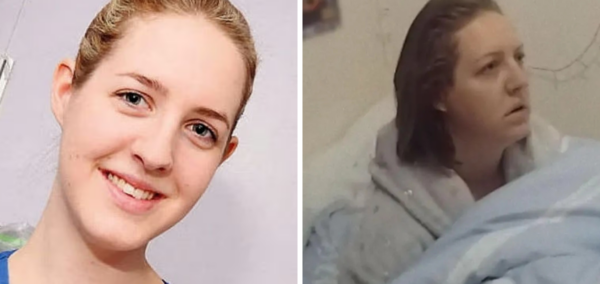
More than 7,000 Durham University students have not completed compulsory consent course
This equates to a third of the whole university
A compulsory consent course has been left uncompleted by over 7000 Durham students.
The online course “Consent Matters: Boundaries, Respect and Positive Intervention” is an online course presented to all new Durham students. Aiming to educate students about consent, Durham University asked that students complete the course by the end of induction week.
Durham University’s website claims that “During induction week, your college will require you to confirm that you have, or will, complete this course.”
However, reports released by Palatinate show that over 7,000 students have failed to complete the training. This equates to just over a third of all Durham University students.
Some Durham University colleges also make attendance to training courses mandatory for attending various college-facilitated events, such as balls. Induction to a college includes requesting confirmation from the students that they “have, or will” attend the course – as per the university’s direct statement.
However, despite seemingly strict measures to enforce university-wide attendance, it was recorded that one month into the first term, 1,756 freshers had still not completed the course. The attendance statistics for this year have not yet been released.
From the offset of the 2021-2022 academic year, numbers of sexual misconduct cases had risen, with a total of nine expulsions, including four reportedly resulting from grave breaches in Durham’s violence and sexual misconduct policies. Since then, the Durham University has doubled the number of caseworkers employed to manage and investigate the cases, as is shown by recent publications of Senate minutes on Sharepoint. While dealing with the management of these disclosures, the university also stressed the importance of their prevention.
Most Read
A Durham University spokesperson told Palatinate that the university “strongly encourages” the students of Durham to take the course officially known as Consent Matters. They continue: “We strongly encourage all students to undertake the Consent Matters course. It is required learning, and we are exploring ways to increase participation.”
The spokesperson continued to stress the importance of students feeling comfortable to report any act of sexual harassment so as to ensure support, both personal and educational is granted.
“We also strongly encourage the reporting of sexual violence and misconduct, so our students are able to receive the right educational and personal support and have their reports investigated if they wish us to. We have recruited specialist sexual violence investigators, as part of our ongoing effort to make Durham a safer place to live, work and study.”
Verity Newbery, president of Durham University Against Sexual Assault said to Palatinate: “The problem that Durham University faces is that it operates on a collegiate system where individual colleges are in control of what consent education is delivered and what exactly is compulsory for students.”
Indeed, despite the online consent course being the same across the university, individual colleges are responsible for monitoring attendance and completion.
According to Newbery, DU Against Sexual Assault are striving to increase consent trainings and physical attendance, seeing in-person related conversations as an optimal way to normalise discussions around sex and consent. Several students have volunteered to help with their running and organisation.
Durham’s initiatives to this effect are evident, with the university being the first in the UK to have a Student Support and Training Officer specifically for Sexual Violence and Misconduct in 2017.
Related articles recommended by this author:
• Chancellor of Durham Uni honoured by King Charles
• Durham college accommodation prices have risen at a rate higher than inflation



















